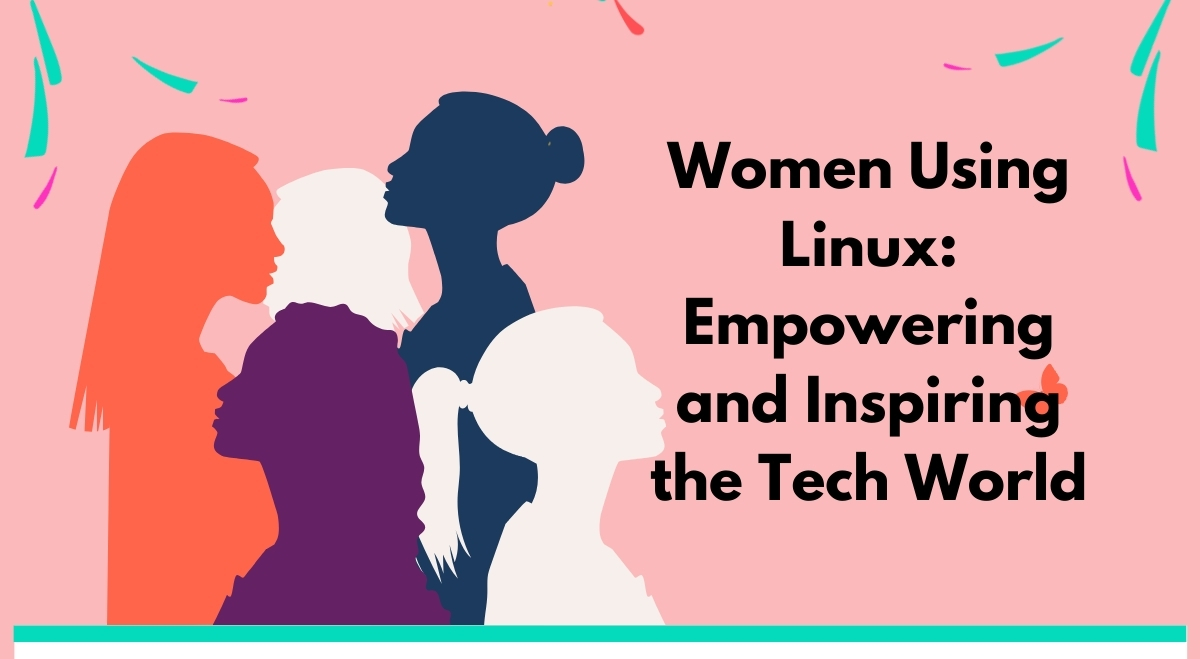Linux, the open-source operating system, has revolutionized the tech industry since its inception in 1991. As more women enter the field of technology, their contributions to the Linux ecosystem have become increasingly significant. This guide aims to educate and empower women interested in using Linux while highlighting the experiences and contributions of women in the Linux community.
Getting Started with Linux
For those new to Linux, getting started can seem daunting. However, with the right approach, it can be an exciting and rewarding experience.
Choosing a Distribution
Linux comes in various distributions (distros) tailored to different needs and skill levels. For beginners, user-friendly distros like Ubuntu, Linux Mint, or Elementary OS are excellent choices. These distros offer intuitive interfaces and extensive community support.
Installation Basics
Installing Linux is often straightforward:
- Download your chosen distro’s ISO file
- Create a bootable USB drive using tools like Rufus or Etcher
- Boot your computer from the USB drive
- Follow the on-screen instructions to install Linux
Many distros offer a “live” version, allowing you to try Linux without installing it on your computer.
Essential Commands and Tools
While modern Linux distros have graphical interfaces, knowing some basic command-line operations can be incredibly useful:
ls: List files in a directorycd: Change directorymkdir: Create a new directorysudo: Run commands with administrative privileges
Learning to use the terminal can significantly enhance your Linux experience and productivity.
Women in the Linux Community
The Linux community has been enriched by the contributions of numerous talented women. Here are a few notable examples:
Valerie Aurora: Co-founder of the Ada Initiative, which supported women in open technology and culture.
Sarah Sharp: Former USB 3.0 driver maintainer for the Linux kernel and advocate for diversity in open source.
Jono Bacon: While not a woman, Jono has been a strong ally and advocate for inclusivity in the Linux community.
Organizations like Women in Linux and LinuxChix provide support, mentorship, and resources for women interested in Linux and open-source technology.
Practical Applications
Linux is used across various industries and personal projects:
Career Fields
- Cybersecurity: Many security professionals use Linux-based tools for penetration testing and network analysis.
- Web Development: Linux servers power a significant portion of the internet.
- Data Science: Linux provides powerful tools for data analysis and machine learning.
Personal Projects and Hobbies
- Home Automation: Use Linux to create a smart home system.
- Retro Gaming: Turn an old computer into a retro gaming console with Linux.
- Digital Art: Linux offers free, professional-grade software for digital artists.
Overcoming Challenges
Women in tech often face unique challenges. Here are some strategies to overcome them:
- Find a mentor: Connect with experienced Linux users who can guide you.
- Join communities: Participate in Linux user groups or online forums for support.
- Contribute to open-source projects: Start small and gradually increase your involvement.
- Attend conferences and workshops: These events provide networking opportunities and learning experiences.
Remember, every expert was once a beginner. Don’t be afraid to ask questions and make mistakes – it’s all part of the learning process.
Future of Women in Linux
The future looks bright for women in Linux. As more companies prioritize diversity and inclusion, opportunities for women in open-source technology are expanding. Emerging trends like edge computing and IoT present new areas where Linux expertise is valuable.
To get involved:
- Try Linux on your personal computer
- Join a local Linux user group
- Contribute to an open-source project, even in non-coding roles like documentation or design
By participating in the Linux community, you’re not just advancing your own skills – you’re helping to create a more diverse and inclusive tech industry for future generations.
Remember, the Linux community thrives on collaboration and mutual support. Your unique perspective and contributions are valuable and welcome. So dive in, explore, and don’t hesitate to make your mark in the world of Linux!

